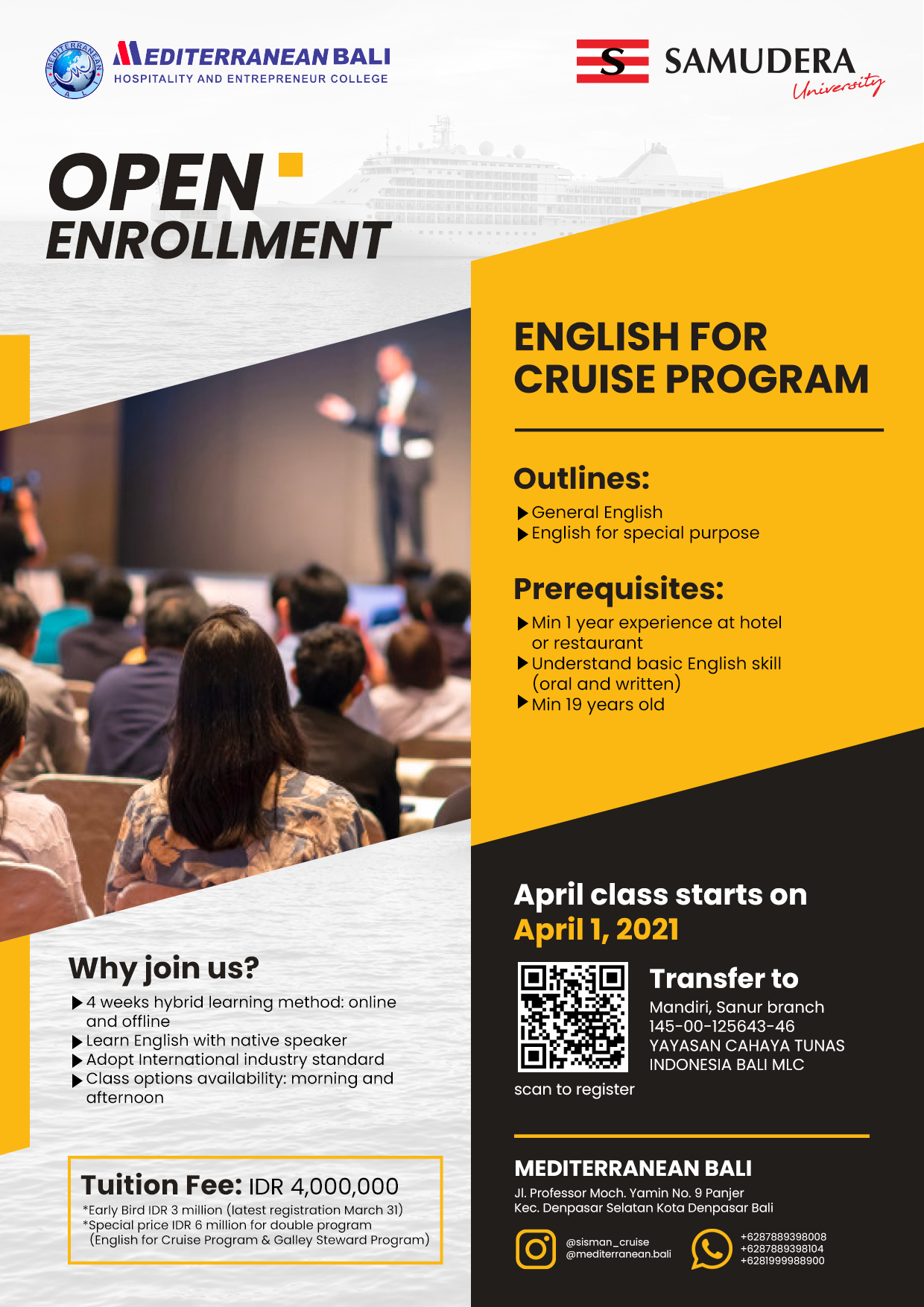
DOING (NOT TALKING) ABOUT DEMOGRAPHIC DIVIDEND
Publish date : 12-02-2021
(by Ibrahim Kholilul Rohman)
Demographic dividend (Demographic dividend) is one of the hot topics discussed in recent years:
"Whereas with the large population in the productive age range, Indonesia will advance because it has abundant human resource capital"
But sometimes this spirit is not manifested by a clear and directed road map. Some stopped at the level of research, seminars and document discussion. Meanwhile, every day there are more of our "demographic dividends" whose placements are not optimal, or what is known as "Not in Education, Employment, or Training = NEET".
One indicator for me is that the more Indo ** and Alfa ** built, that's where we will announce a lot of the NEETs earlier. Arguably, access to formal education is not cheap and jobs are not always there. Easily some of these NEETs will be transformed from demographic bonuses to demographic burdens: smoking habits, staying up late at night, causing health loss and ultimately having to be treated for chronic diseases with a source of funding from &hellip&hellip .BPJS!
I was very lucky in early November 2020 to have the opportunity to do a survey in Bali. Spent three days field survey in several cities on the island of the Gods about: what small step can be done.
There are lots of opportunities that can be developed to manage this demographic bonus. Little and small actions that might bright big impacts, especially in Bali with an open society and a deeply ingrained hospitality mindset.
Initially, I lived in Europe for 10 years and had to go back and forth to Jakarta frequently. I was sometimes amazed by my friends from the Philippines who were so familiar with the flight attendant crew market for international airlines, especially the Middle East at that time.
"Next flights will be to Paris, Rome and London next month"
One day I eaves drop a steward who was chatting with his partner. He is the same age as an undergraduate degree. It's like that if we take Etihad, Emirates or Qatar Airways, there are a lot of flight attendants from that country.
Of course there is Indonesia too, but in much less proportion.
How about at sea?
My findings from the discussion with them are quite interesting:
"Indonesian crews are known to be the most diligent, the most diligent in their work, the least like being adventurous .... But it is also the longest process to be promoted compared to competitors" ..
But not all of the crew, it is talking about stereotyping
Why?
"Because our English is relatively limited. So if those from the Philippines will dominate or merge the upper decks - and there we go where the money is from because they can directly interact with customers and guests. We're in the kitchen or the galleys "
These are the few steps we have taken in collaboration with one of the best hospitality schools in Bali. Mediterranian Bali which has been in crew and hospitality training for a long time and Samudera Indonesia which has been above the sea for more than 50 years to build one of the embryos of "Samudera University" which originated from hospitality and crew training.
Later, if Bali is successful, it will also be developed in other places in Indonesia.
Because not all generations have access to higher education
And moreover ..
Because the demographic dividend must be managed with action.
Back to news
